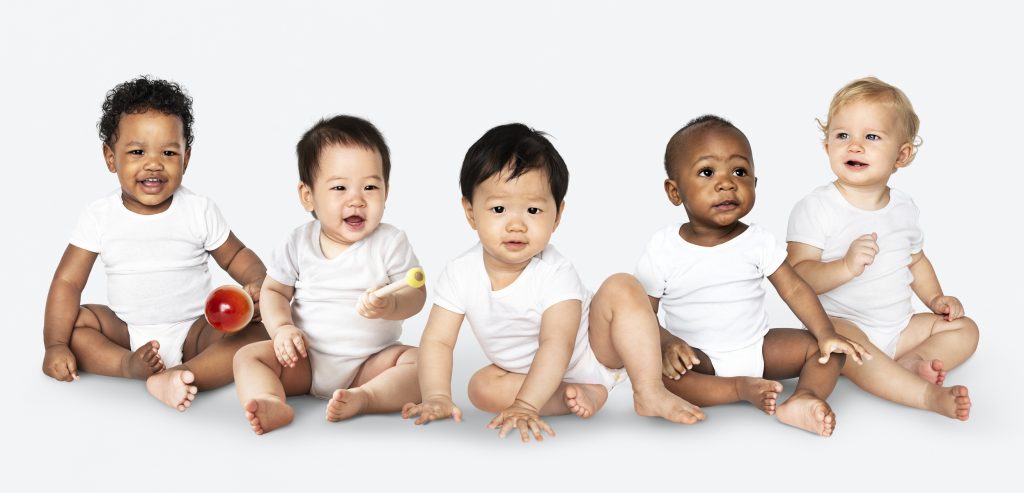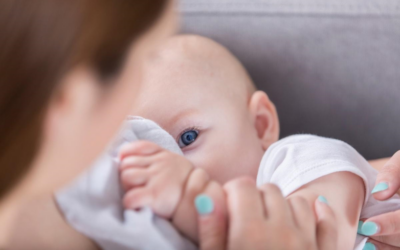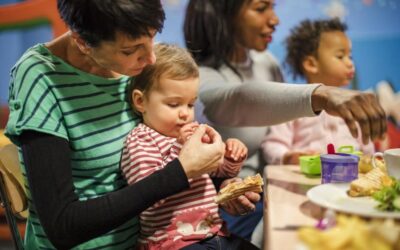Create an inclusive and empowering child care environment by understanding cultural differences
Diversity is important not only to the communities that we live in but also in the child care environments where our children learn. Having social experience with a wide range of cultures and personality types helps children – and their caregivers – develop a more compassionate world view.
Despite our many differences, we all have the same basic needs, which includes feeling valued and respected as individuals. The ability to work with diverse families helps create better relationships with children and their parents while also expanding the potential of your business; it also models good citizenship for the children in your care. Educate yourself about the cultures in your classroom and make an effort to honor those differences.
Global child care program
Providing customized care tailored to appreciate each child as an individual, sets you apart as a professional and as a person while giving young children confidence about their place in the world. Create a more culturally responsive program by considering the following as you establish a curriculum and policies.
Learn about families
You’re not just caring for children; you’re caring for families, too. Part of your job is to support the efforts of everyone involved in raising the children in your care. Strengthen this partnership by getting to know family members and invite them to visit and participate in activities with their child. Engage them in casual conversations about favorite foods, toys, songs, or activities, and ask about holiday traditions throughout the year.
Introduce children to each other’s cultures by creating discussions around these topics or by planning related activities.
Understand development
Although all children generally develop similar milestones within the same age range, sometimes culture shapes development in a way that may not be obvious without more in-depth consideration. For instance, in some cultures, it’s disrespectful for children to address adults without being spoken to first. A child raised in such an environment may appear shy, or as if they have delays in speech or social development, when in fact, they’re just behaving the way they’ve been raised.
Language and communication styles vary broadly between cultures, and can easily shape a child’s social behavior or self-identity.
Teach empathy
Early childhood is a great time to help children understand the concept and importance of empathy – the understanding and sensitivity to others feelings. Explain and demonstrate kindness and teach children about emotions. Children are curious about physical differences, and that natural interest shouldn’t be discouraged. But they do need proper instruction about using manners and considering the feelings of others as they ask questions.
Children thrive in diverse and inclusive environments, and positive exposure to a variety of cultures helps young children develop a sense of acceptance that can last a lifetime. Set children up for lasting personal, academic, and professional success by teaching them to honor personal differences while respecting people as individuals.
The Virginia Infant & Toddler Specialist Network helps improve the quality of care for infants and toddlers through extensive resources, services, and education for caregivers. Learn more about how we can help you improve the standard of care.




